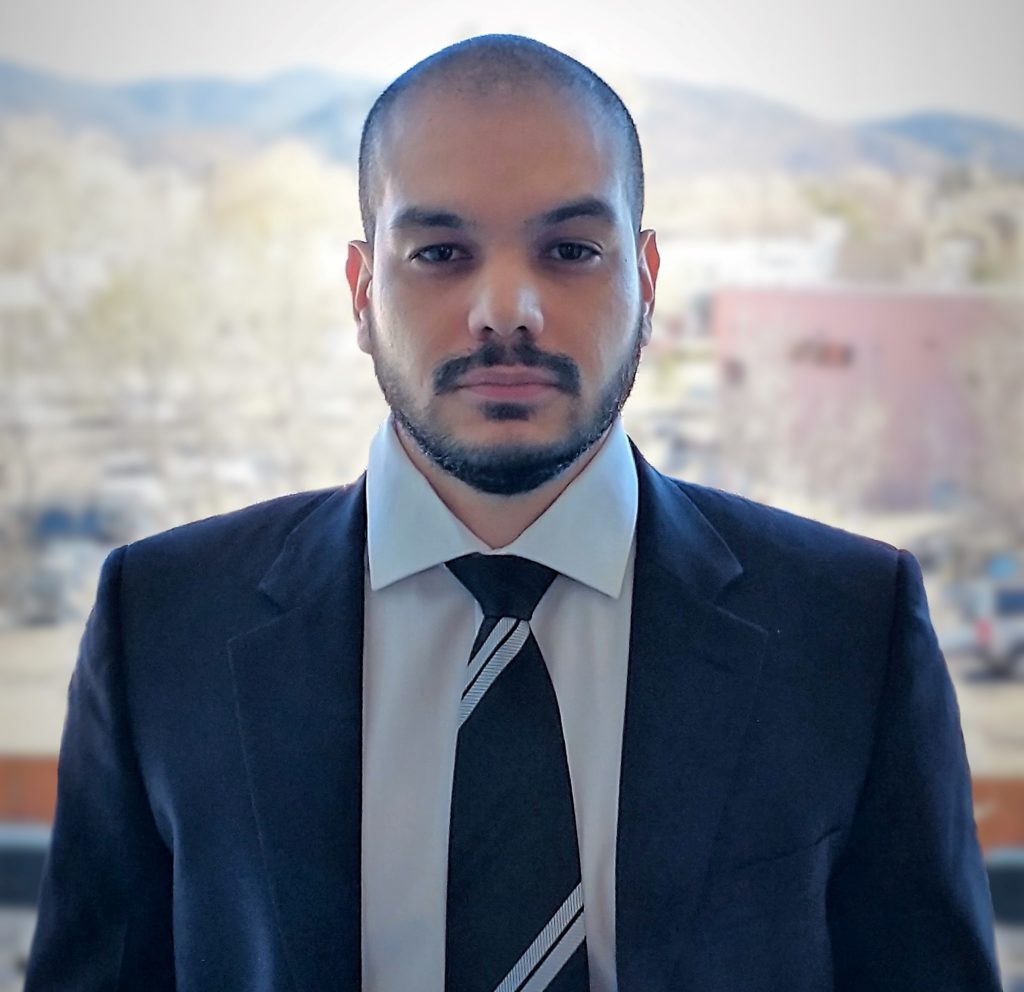
Speaker: Juan Ospina, Los Alamos National Laboratory, Los Alamos, New Mexico, United States
Date: April 7th, 2022 at 11:00 am ET (9:00 am MT)
Registration: Here
Abstract: Modern Electric Power Systems (EPS) integrate different technologies, such as intelligent controllers, real-time measurement devices, and distributed energy resources (DER), that, if used in harmony, could improve system stability, security, and reliability. The introduction of these technologies is transforming old passive EPS into Cyber-Physical Energy Systems (CPES) that integrate information and communication technologies with operational technology and physical devices, that make up the overall power grid infrastructure. Progressively, the testing and evaluation of real-world CPES (e.g., microgrids, military zones, or SCADA systems) are becoming very complex tasks due to the increase in complexity of electrical and communication networks, and the excessive costs of testing new controllers or evaluating cyber scenarios in real systems. In this presentation, a framework for testing and evaluating cyber threats in CPES will be presented. This framework is designed to identify the models, resources, and metrics required to perform reliable CPES studies. Different applications and case studies that utilize the developed framework will be presented. These applications include cyberattacks that can compromise different types of EPS, such as transmission systems and microgrids, and are evaluated via real-time co-simulation testbeds and other co-optimization schemes.
Biography: Juan Ospina is a Postdoctoral Researcher with the A-1 Information Systems and Modeling group at Los Alamos National Laboratory. He received a dual B.Sc. degree in electrical and computer engineering and the M.S. and Ph.D. degrees in electrical engineering from Florida State University, Tallahassee, FL, USA, in 2016, 2018, and 2019, respectively. His research interests include the development of intelligent systems for electric power systems (EPS) and smart-grid applications, machine learning and reinforcement learning models for DER control, renewable energy integration, cybersecurity of EPS, and real-time simulation.
